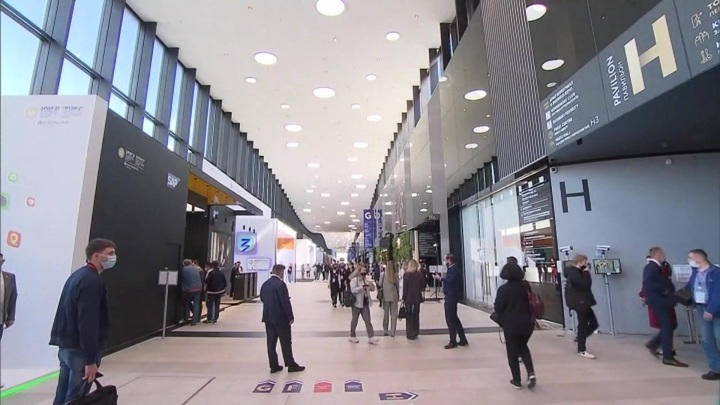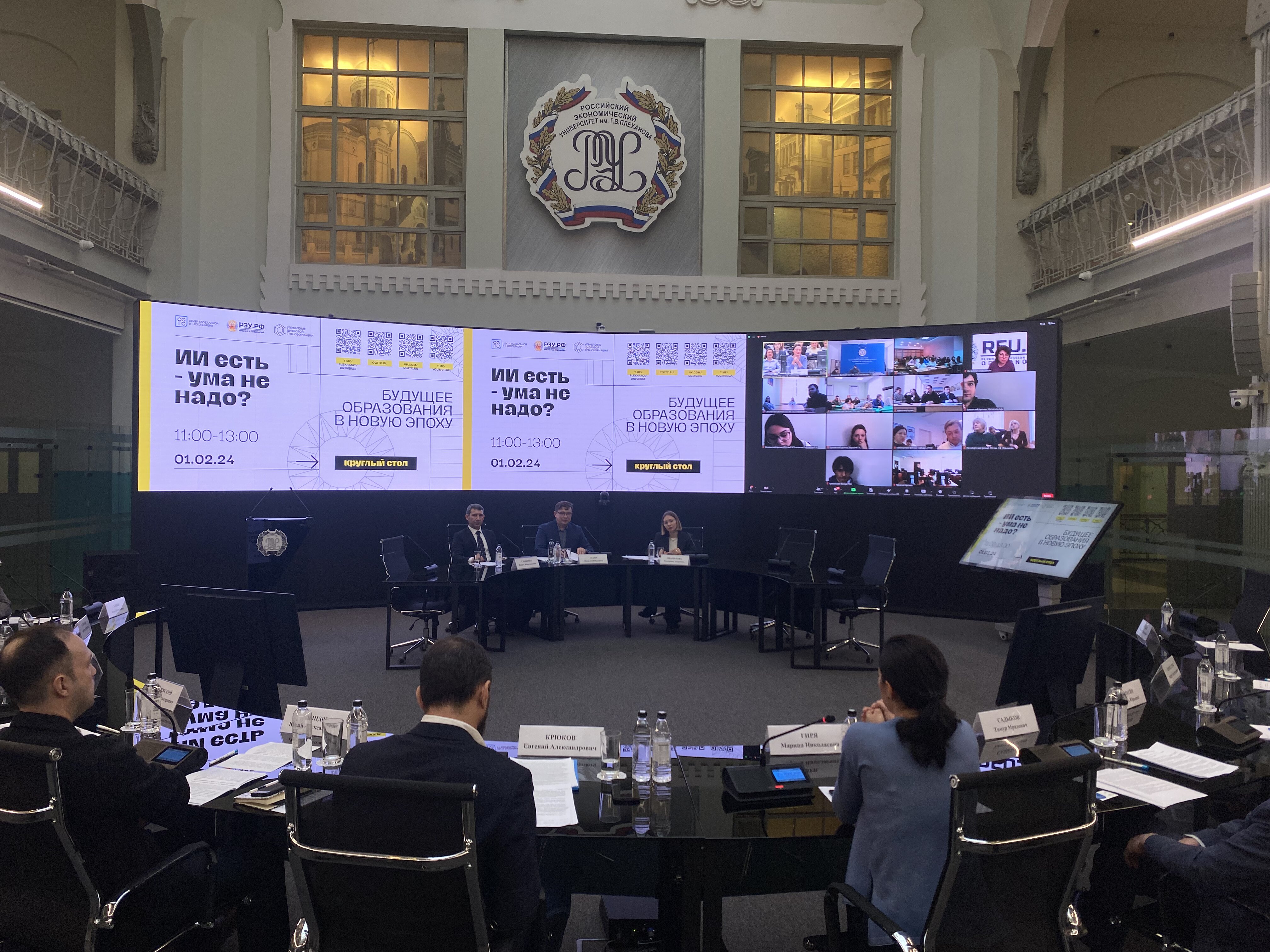“The entire IT world is built more around partnership than around the final plug-in product and classic retail model. Even from a B2B point of view, retail is shrinking in a big way and entering into partner-based solutions. The roles of partners and networks are coming to the fore”, Director of Business Development at Kaspersky Lab Alexander Moiseev.
“How can one create global platforms that impact the entire world? It is my personal opinion that it is completely impossible without open-source software. Modern platforms will not work if they belong to monopoly holders in the absence of multistakeholder governance [a decision-making practice in which the world community acts together – Editor]. Platforms cannot live without equal ownership. […] Open-source software makes it possible even for enemies to work together. No trust is required to collaborate in open-source software”, Chief Technical Officer for Software Development at Huawei R&D Russia Vladimir Rubanov.
PROBLEMS
The lack of high-qualified IT personnel, successfully trained in Russia, though in a lesser quantity than required
“At present there is a shortage of personnel, of resources from the point of view of the personnel reserve. Yes, they are great – the best that exist. But it is a little difficult to find new developers”, Director of Business Development at Kaspersky Lab Alexander Moiseev.
“There are many technical universities: this is the legacy of the school established in the 1960s. It is difficult for universities and faculty members to bring students up to a level that can compete on a commercial level. […] Everyone becomes a good coder, but without a real grip on mathematics, which is bad. If we just focus on coding, we will lose our competitive advantage, which is to be thoughtful developers and to resolve complex problems”, Senior Vice President of First Line Software Vladimir Litoshenko.
“In the future, everything will be open source. But how will we divide the fields, how will we compete? Influence in the international arena will be measured only by the number of people in a country who understand the relevant parts of global open-source projects and can continue to develop in any circumstances”, Chief Technical Officer for Software Development at Huawei R&D Russia Vladimir Rubanov.
“I call for immediate investment in education. We lack about a million IT specialists”, General Director of MyOffice Dmitry Komissarov.
Currency controls prevent developers from exporting their products overseas
“Currency control is a real pain that has been tormenting us for 20 years. […] We work in markets where late payment is the norm. As soon as this happens, the customer understands that it’s impossible not to sign additional agreements on payment schedule changes, otherwise it really gets out of hand. As soon as the client understands this, it’s total blackmail: they demand discounts, deferrals. As a result, the state punishes us twice”, General Director of Nexign Igor Gorkov.
“In addition to internal and local features, there is also a history of sanctions, when payments are checked for a long time at each stage. As a result, payments come back, we sign additional agreements. We’ve had payments taking between 60 and 80 days, instead of the 10 it used to take. This is a serious problem, and it needs to be dealt with”, Chief Executive Officer of the Speech Technology Centre Dmitry Dyrmovsky.
“Why do current currency control restrictions impede the development of this sector? We need to change this”, Chairman of the Committee of the State Duma of the Federal Assembly of the Russian Federation on Information Policy, Information Technologies and Communications Alexander Khinshtein.
SOLUTIONS
Russia can increase its presence in global IT by bringing its platform resources abroad
“[It is necessary to – Editor] create outsourcing centres. [...] The state should play a huge role in this. If we go, let’s say, to Argentina and say that we do not sell just licenses but rather complete technologies and methodologies, then the effect will be much greater”, Chairman of the Board of Directors at SearchInform Lev Matveev.
“I propose starting a long, difficult, long conversation about where, how, and with whom to build platform consortia together. This is an important conversation that has not happened for years. […] Our companies, universities need to be in a centre like that; there should be an afterschool tech-class for children to study in; a physics and mathematics school, and then they’ll be ready for our universities”, President of the Technological Sovereignty Exports Association and Professor of the Department of Applied International Analysis at MGIMO University Andrey Bezrukov.
Delays and insurance should ease the currency control problem
“Currency control: here I would like to say that a six-month delay does not reduce risks. The REC group has an export credit and insurance agency, which generally insures the risks of payment. I’m open to discussion”, Vice President of Russian Export Center Maxim Kobin.
“Given the current state of the global fight against offshores, and with the current level of transparency that exists in terms of the exchange of tax data between different countries, it’s probably time, in principle, to abolish currency control, at least with those countries with which agreements on exchange of tax information work. If this is not possible for some reason, then even some simple measures would solve the root problem: for example, a delay or a grace period of six months for handling claims with clients, would greatly help all exporters”, General Director of Nexign Igor Gorkov.
To train the desired number of specialists, IT companies must work together with universities
“For our part, we’d be willing to contribute as much as possible to this, on the coordination of your work together with these industry universities. We are negotiating with Rostelecom to open industry departments in universities. [...] Every digital university is interested in having either an industry department, or an office, or partners who will get a head start on hiring”, Chairman of the Committee of the State Duma of the Federal Assembly of the Russian Federation on Information Policy, Information technologies, and Communications Alexander Khinshtein.
“The average age of teachers in our universities is quite high, but no one forbids large IT companies from going to the same universities as teachers. This is an exchange of experience, which will only work to our benefit when it comes to hiring specialists”, First Deputy Director of the Information Security Department of the Bank of Russia Artem Sychev.
https://forumspb.com/en/news/news/global-it-resursy-rosta/





